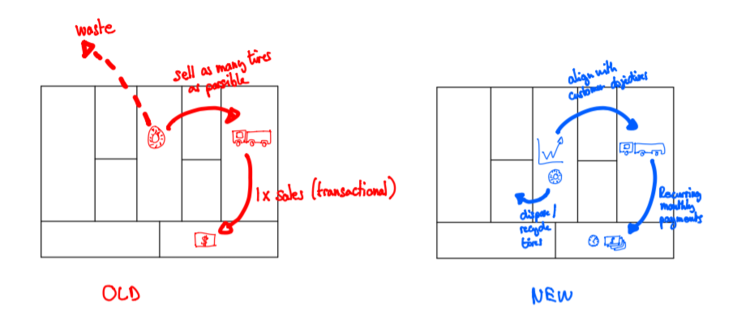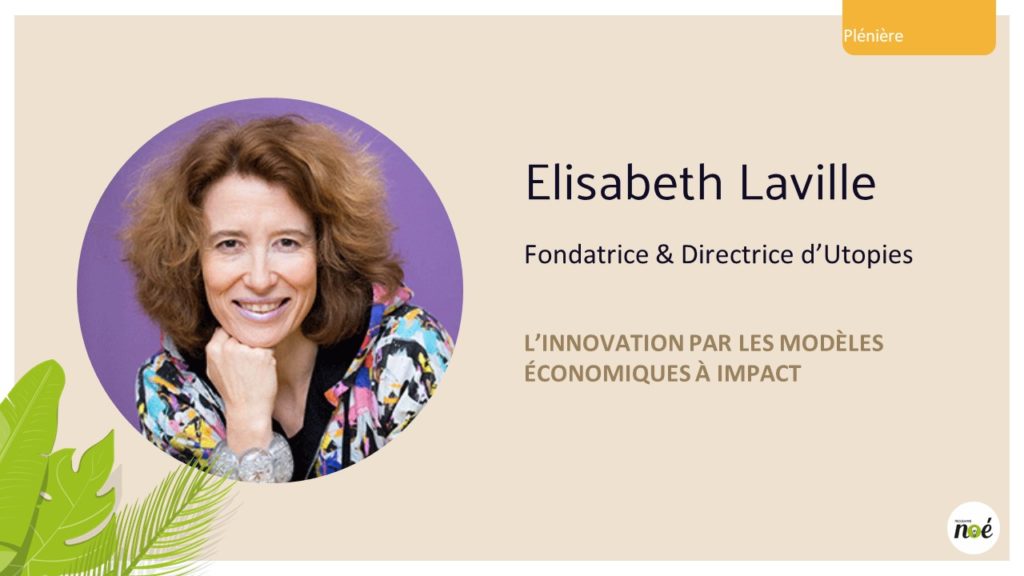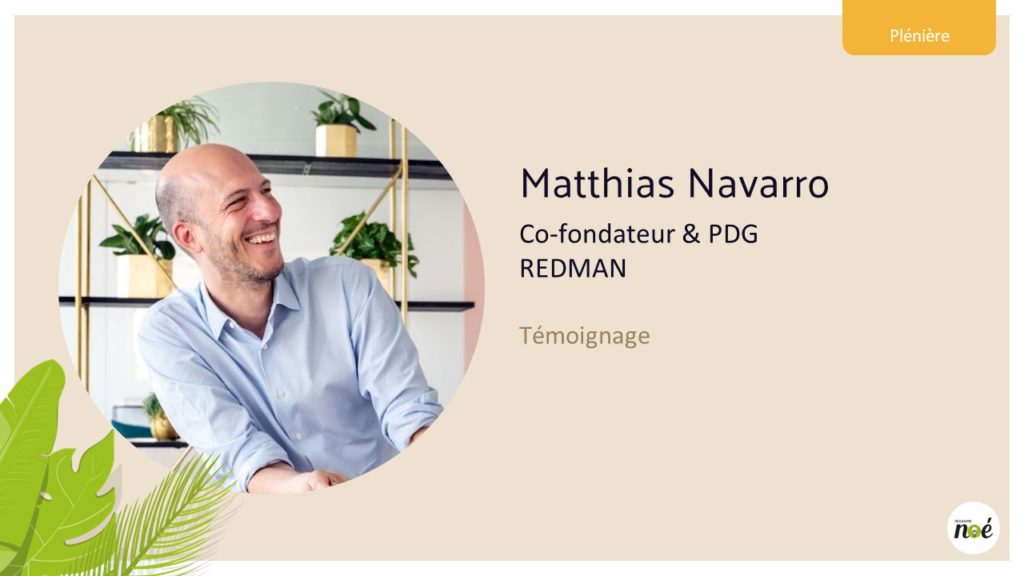Michelin: The Right Business Model Can Make Sustainability Profitable
.
Article written by Alex Osterwalder & Greg Bernarda.
Sustainability can be a valuable business. It starts with looking at the entire business model. Here’s how Michelin does it.

Michelin’s business with haulage companies was changing for a number of reasons. First, the company was facing competition from low cost competitors. Second, Michelin felt it had superior technology in its products but was struggling to capture value from it. And third, climate change regulation was slowly encroaching on Michelin’s core business. Something needed to happen.
Michelin essentially re-architected its business model to give haulage companies its tires away for free. The organization would provide a suite of services and start charging its customers by the kilometre (chips inside the tires would monitor distance and maintenance needs). This change to the business model transformed the customer relationship from being transactional into one focused on long-term contracts. The move also solved some big pain points for haulage companies with increased fuel efficiency (lower costs), better profitability, and ultimately less carbon emissions to harm the environment.
Michelin effectively solved a double conflict of interest by giving tires out for free and taking responsibility for their disposal. First with customers by being incentivized to sell as few tires as possible. Then with the planet by ultimately manufacturing less and recycling better.
The traditional approach on environmental or social sustainability in large companies has typically been to respond with a big cheque (philanthropy), a nice ad (public relations), or a team of lobbyists (to influence regulation). We believe sustainability can mean business, too. By turning it into a creative constraint and taking an entire business model perspective, there is an opportunity to generate superior value for the organization, for the customer, and for the planet.
Share this Post






